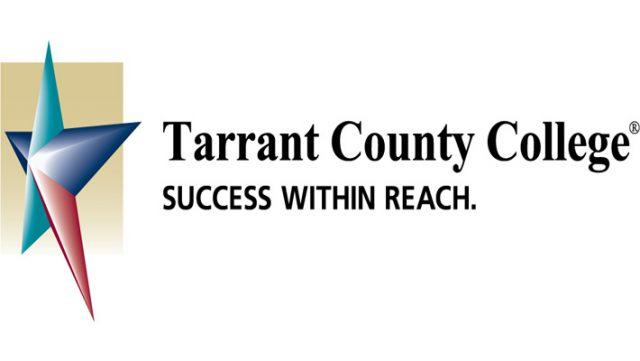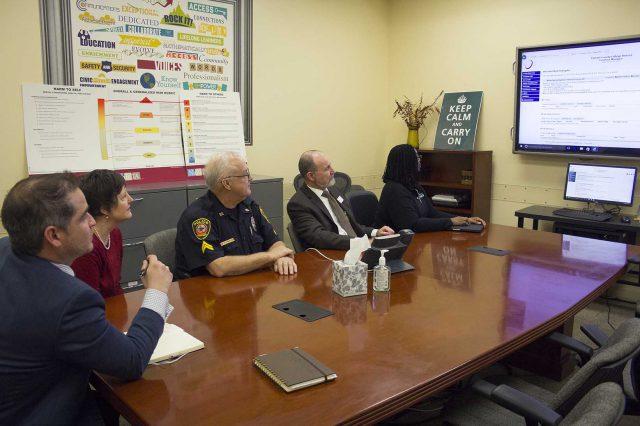By Ivy Claire/ reporter
TCC will provide veterans and/or their family members and first responders free transitioning training this month on TR and South campuses.
The Center for Brain Health, a division of the Brain Performance Institute at the University of Texas at Dallas, has a vision to empower people of all ages to unlock their brain potential. During three sessions of Warrior Training, representatives from the center will visit TCC and provide attendees the keys to do that unlocking.
“This training is important for veterans, especially those who are returning to school,” said Letty Owuor, a clinician at the center.
For the past two years, the Center for Brain Health has partnered with TCC to provide high-performance brain training for students and area veterans. The last sessions took place in October.
The Warrior Training program prepares veterans to transition into civilian life and solve problems both in and out of the classroom.
Josh Lewis is a former U.S. Marine and a graduate of the program. During his eight years with the Marine Corps, he was deployed four times, but the transition from active service to civilian life was one of his most difficult battles.
“It was really hard for me to stay focused,” he wrote in a testimonial for the program. “The civilian world doesn’t replicate the adrenaline-pumping environment I knew overseas.”
The program showed Lewis how to prioritize, and he began noticing he was more productive and solving more complex problems in the civilian world.
“I could feel a sense of accomplishment at the end of the day,” he said.
The Center for Brain Health’s high-performance brain training program is called Strategic Memory Advanced Reasoning Training. SMART training focuses on developing key cognitive functions in the brain to promote efficient thinking, informed decision-making and flexible learning capabilities.
In the last series of Warrior Training, Owuor instructed attendees how to not “drain or maintain, but gain” cognitive functionality.
“For maximal brain change, it is critical to engage in activities that challenge the brain in novel ways,” Owuor said.
For veterans returning to school, activities that combine outside perspectives and connections between academic materials can increase the value of courses students might not otherwise enjoy.
“[These taught practices form] a mental tool kit that can increase the brain’s capacity to assimilate and manipulate large amounts of incoming data,” according to program materials.
During an October session, clinician Katie Hinds shared images of brain scans that revealed how disuse can damage neural connections and affect the brain similarly to injury. However, research reveals that these connections can be strengthened and even restored.
“You’re not stuck where you are,” she said. “Our brains are dynamic, adaptable, repairable and trainable.”
According to the institute’s website, the SMART program “is based on more than 25 years of scientific study by cognitive neuroscientists and research clinicians.” The center takes the findings from this research and develops training targeted to specific groups.
The Warrior Training program is designed specifically for military veterans, first responders and their family members.
The institute’s research indicates service members who completed the high-level training showed increases in cognitive ability with complex reasoning, memory and daily life activities. The post-training evaluations also showed beneficial decreases in depressive and stress-related symptoms.
Due to philanthropic funds, the training sessions (valued at $1,600) are currently free for veterans, spouses, caregivers, dependents (10-17 years old), active military and first responders.
TR sessions are 9 a.m.-1:30 p.m. Feb. 2-3 in the River Room (TRTR 1020). Lunch will be provided. For reservations and questions, contact TR veterans counselor Kevin Curry at 817-515-1273 or at kevin.curry@tccd.edu.
The South sessions are scheduled to take place 2-5 p.m. Feb. 10, 17 and 24. To register, contact South veterans counselor Valerie Groll at 817-515-4894 or at valerie.groll@tccd.edu.

























